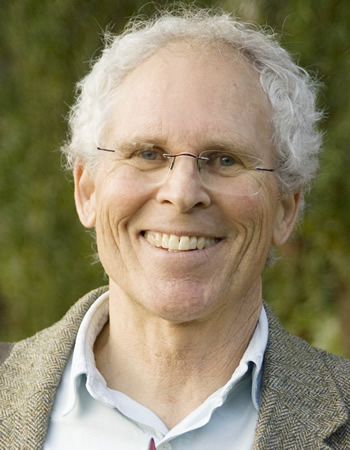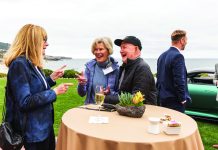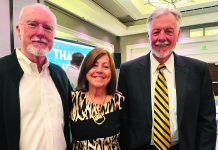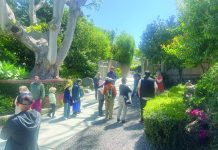Reading in on Climate Change Intervention

Yikes, summer’s almost over, and I’ve read only one of the four books I intended to read cover to cover. I want to bring all four to the attention of readers by sharing a bit about each volume.
The book I read front to back was one by Michael Bloomberg and Carl Pope, “Climate of Hope: How Cities, Businesses, and Citizens Can Save the Planet” (2017). I’ve read portions of the other three: Mary Ellen Hannibal’s “Citizen Scientist: Searching for Heroes and Hope in an Age of Extinction” (2016); Gary Griggs’ “Coasts in Crisis: A Global Challenge” (2017); and Paul Hawken, ed., “Drawdown: The Most Comprehensive Plan Ever Proposed to Reverse Global Warming” (2017).
Regarding “Climate of Hope,” the authors of this book note that municipalities produce 70 percent of green house gases and, consequently, have a major responsibility to fight increased warming. Besides, city officials are less likely to posture for partisan rewards like members of Congress on this critical and contentious issue. I have several takeaways: “Cities are . . . the key to saving the planet.” (p. 20) “The internal combustion engine must be replaced by zero-emission vehicles . . .” (p. 151). “If you want to get things done, ask a mayor.” (p. 19)
I’m well into “Citizen Scientist,” whose author I met and talked with at a Stanford symposium on John Steinbeck a couple of months ago. As an avid reader of Steinbeck, I was drawn into Hannibal’s talk when she said both Steinbeck and his close friend Doc (Ed) Ricketts were not professional scientists. They were gifted amateurs, brilliant citizen scientists whose reconnaissance of marine life along the coasts of Baja California established a temporal base line that marine biologists today use to assess the area’s marine ecology. Ditto for Charles Darwin, she notes, who was largely self-taught as a scientific investigator and theorist. My takeaways: “Scientists alone can’t begin to document what’s normal, let alone how fast things are changing. . . . we need citizens—the locals who watch, and know, and love their backyards, their environments.” (p. 80) “Kelp forests have been diminished by more than 80 percent in the past century in Southern California.” (p. 66) “Participating in citizen science can help effect change in a big way.” (p. 351). Hannibal is a consummate writer.
Yesterday my copy of “Coasts in Crisis” arrived. I bought this volume for two related reasons: first, I’m working with the citizens advisory group on climate change in town and sea-level rise is an issue that concerns us; second, oceanographer Griggs is widely regarded as one of California’s leading experts on this subject. My takeaways: “Future sea-level rise may be the greatest challenge human civilization has ever faced.” (p. xii); “While cleaning up beaches is helpful . . . , the ultimate solution to the problem of plastic and marine debris along the shorelines . . . is not cleanup . . . but prevention: cutting off or eliminating, the plastic, Styrofoam, and other material at the source.” (p. 152). “Offshore wind energy is by far the most developed coastal ocean energy source. . . . We need to invest in sustainable energy sources for our long-term survival.” (p. 220).
Lastly, friend and neighbor Breene Murphy gave my wife and me a copy of “Drawdown.” This compendium offers an international tableau of state-of-the-art responses to climate change. We read about smart highways in France that are constructed of solar power-generating materials and over which an increasing number of electric vehicles will pass. Reduced food waste, green roofs, living buildings, microbial farming, smart grids, and more are discussed as promising solutions to the climate crisis.
All four books offer constructive actions and reasons for hope.
Tom Osborne’s book, “Coastal Sage: Peter Douglas and the Fight to Save California’s Shore” (University of California Press) will be released in November.





The Laguna Beach Independent is now engaging in censorship. I posted a reply to this several days ago, and it has been deleted.
Politically Correct Speech is enforced throughout Left-wing Laguna Beach.
And the citizens, most particularly the youth, are the poorer for it.